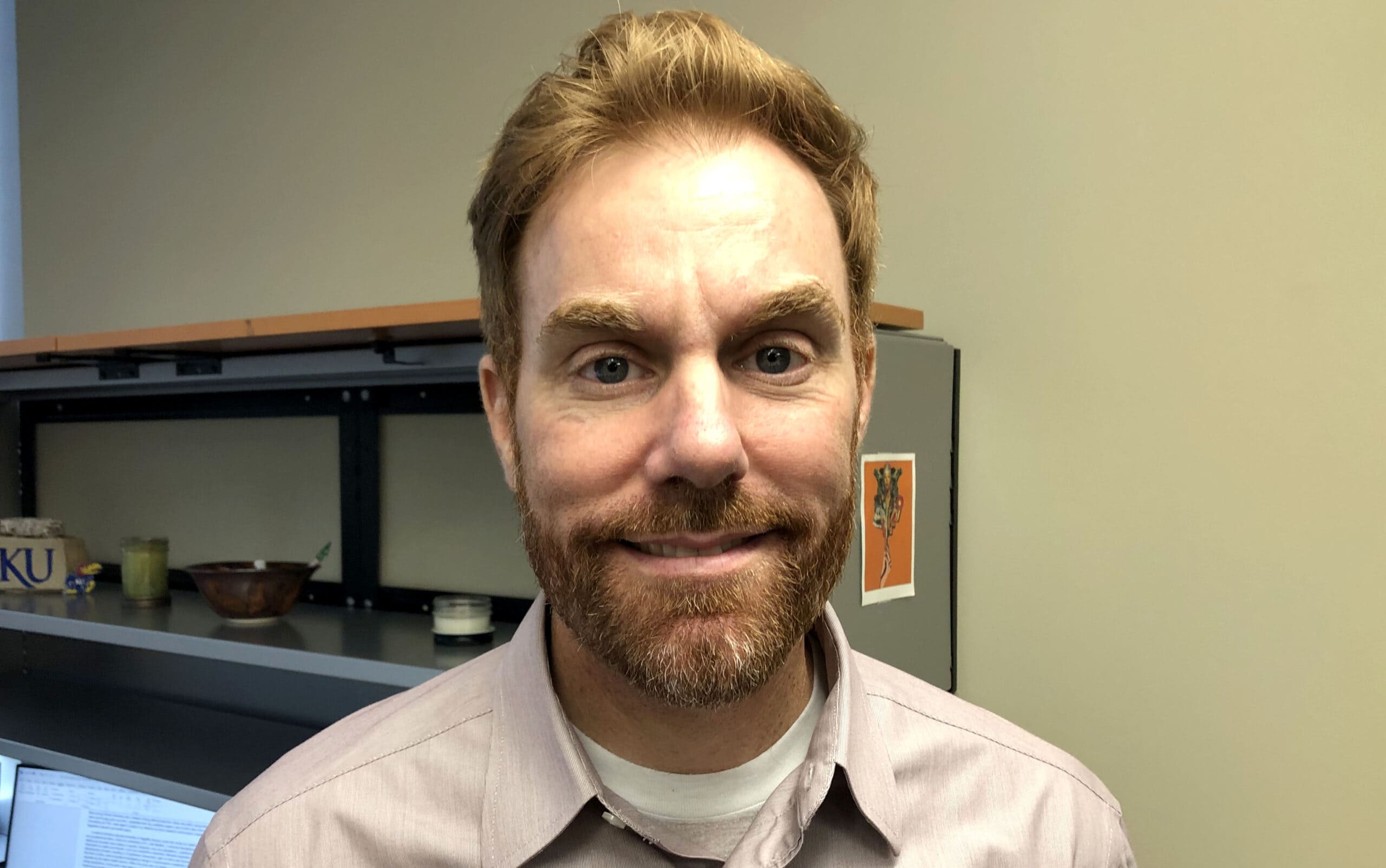UAMS Researcher Creating Survey to Better Evaluate Methamphetamine Treatments
| George Pro, Ph.D., MPH, is leading a study that will create a survey that measures the outcomes of individuals who take new medications designed to treat methamphetamine use disorder.
The study — funded by the National Institute on Drug Abuse for $275,000 — launched in September and will continue through August 2026.
“This will hopefully play a part in ushering in research on much-needed new medications for methamphetamine treatment,” Pro said. “The population of people who use meth is growing very fast and becoming much more diverse.”
Pro, an assistant professor in the University of Arkansas for Medical Sciences (UAMS) Fay W. Boozman College of Public Health’s Department of Health Behavior and Health Education, said the problem with most clinical trials is that they test the new medications by only measuring how well they work in terms of a person completely abstaining from using methamphetamine or submitting negative urine drug screens. That method does not fully tell health care professionals what’s going on. Assessing clinical improvement should take into account much more of a person’s life, functioning and well-being than just looking at abstinence.
According to Pro, it’s customary for people who suffer from methamphetamine use disorder to have other mental or physical hardships as well. With so much going on, abstinence in the short-term is a high bar.
“All of that must be accounted for, addressed and coordinated to improve the chances of treatment success,” he said.
Treatment providers have tested new medication options for over a decade. Medications for opioid use disorder have been critical in slowing that epidemic, but thus far, none of the medicines for methamphetamine have proven effective enough to receive full support from health care professionals. However, Pro is confident the survey can be part of the solution. It will use three stages to create and validate new patient-reported outcomes.
“First, we’ll create a draft questionnaire based on a literature review and adapting other related tools in order to specifically address methamphetamine,” he said. “Next, we’ll meet with a range of stakeholders to get their input about the questions. We’ll then speak with people who currently use methamphetamine, their family and friends and treatment providers.”
Pro will then pilot test the survey with an additional 200 adults.
Pro said if the process functions smoothly and the validation measurement pans out, this survey could help to advance new medicines for the disorder. Most of all, it will help Arkansas families better deal with the issues that methamphetamine use disorder can cause.
“We’re removing one obstacle, and hopefully we can play a small part in spurring innovation and finding a medication that works,” he said. “Meth use is growing in Arkansas, and it’s not slowing down. I want to be a part of a solution that helps people who are hurting and need help but aren’t getting it.
“People who use meth in Arkansas, and their family members who have seen their loved one struggle, know we need a change. Often, the most likely entrance into health care for Arkansans who use meth is the emergency room or through the criminal justice system. We need better treatment options, coupled with prevention and harm reduction.”
